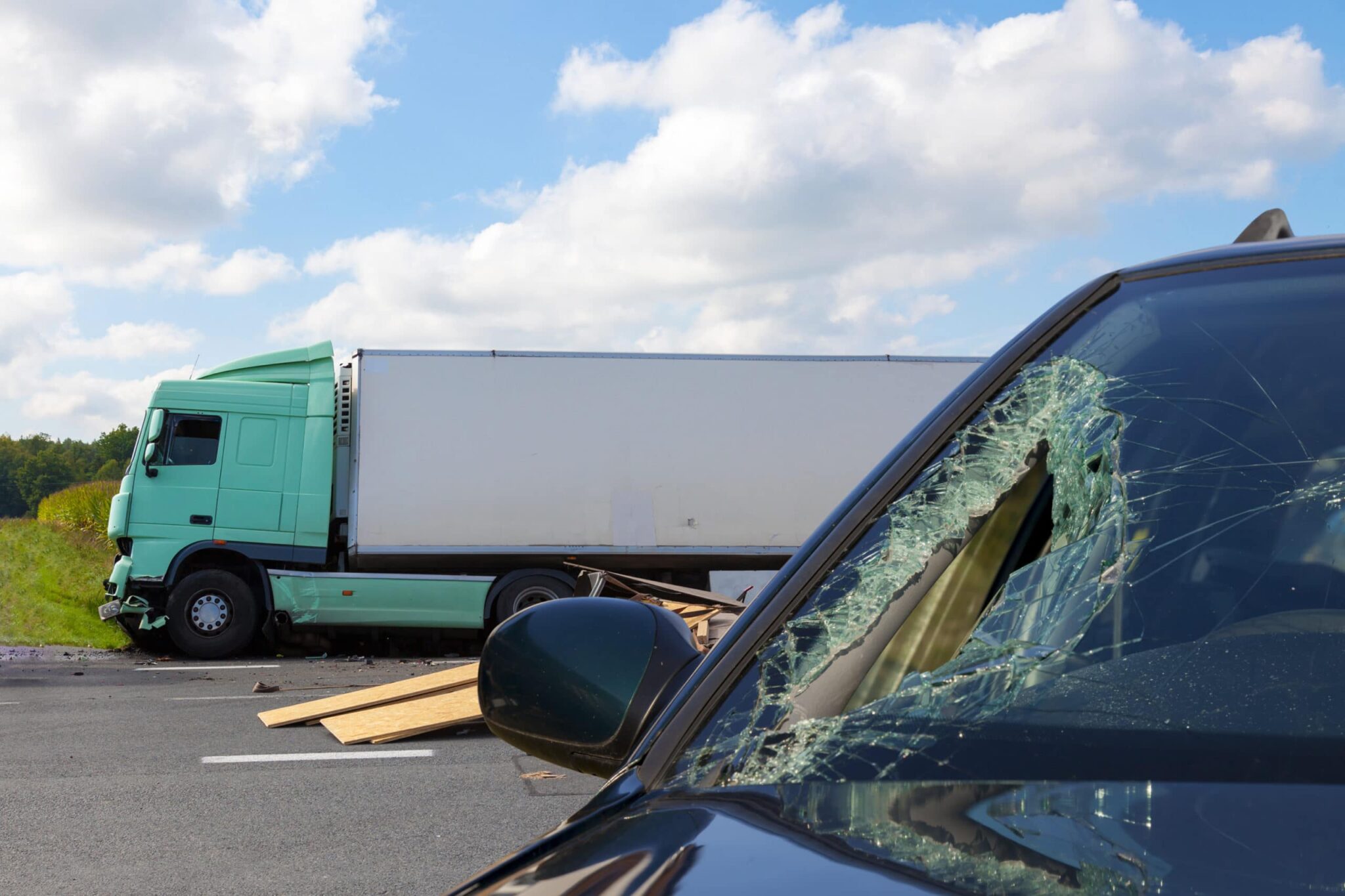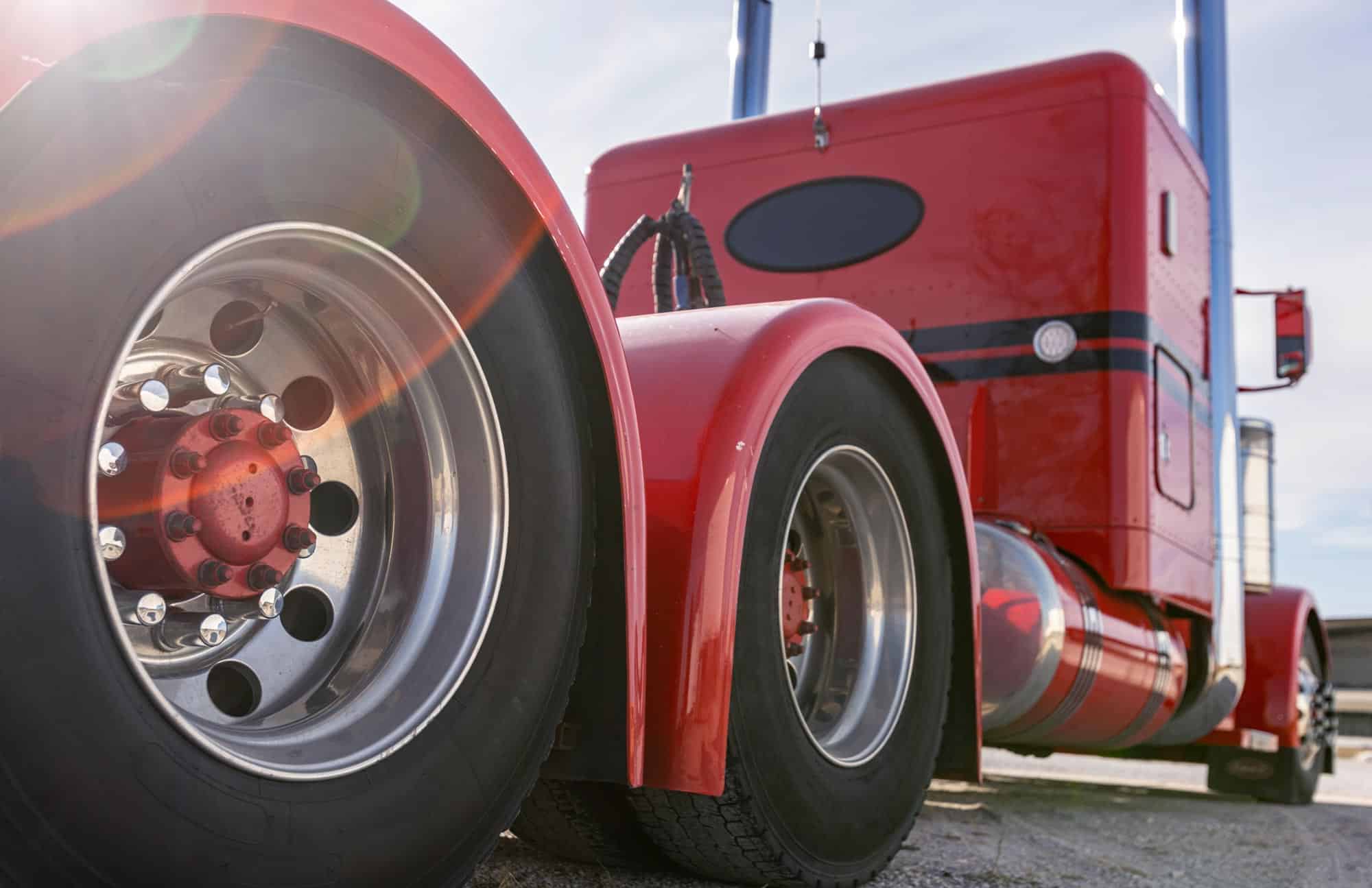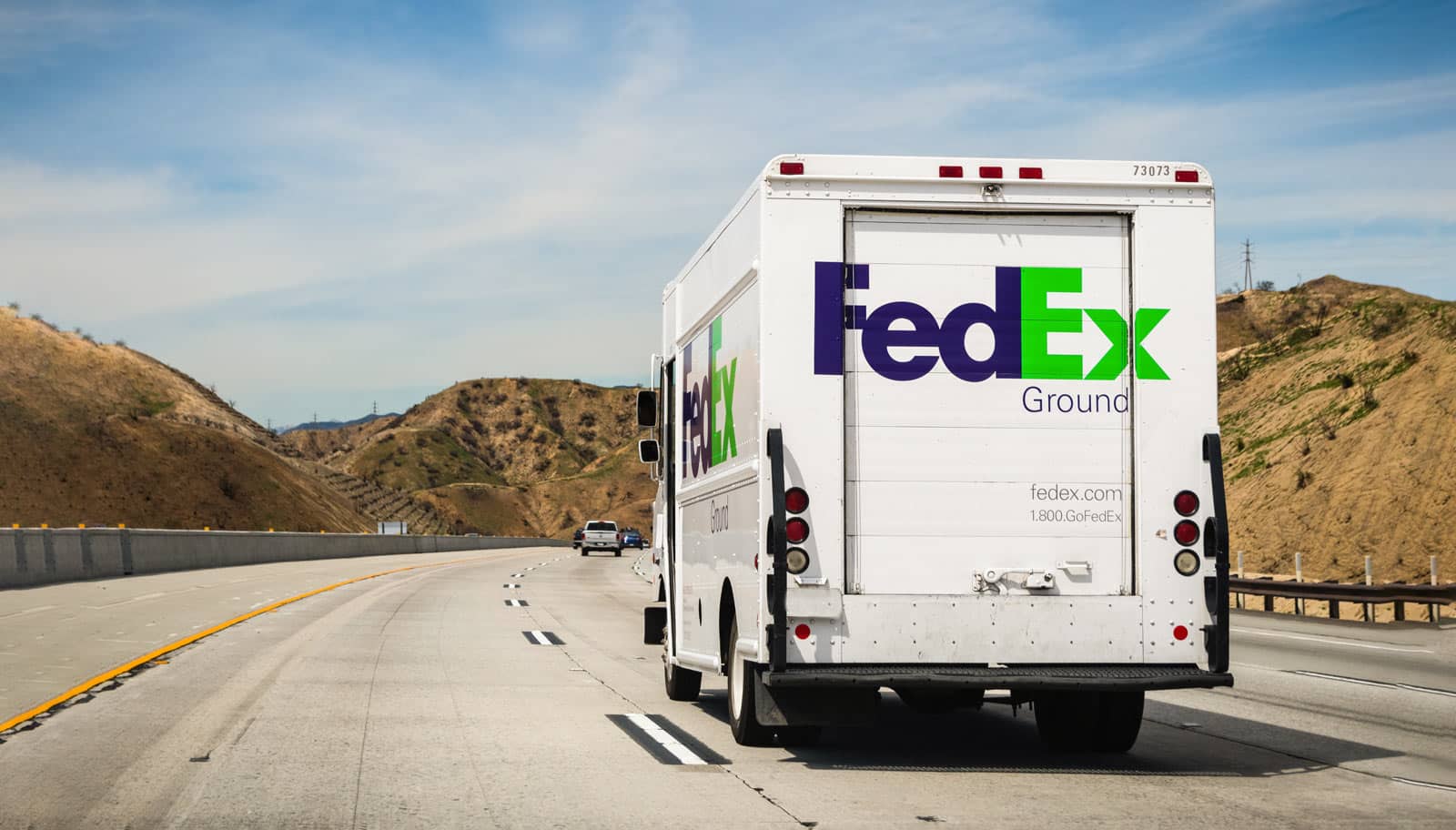Big commercial trucks are the largest and most dangerous vehicles on our roadways. Wrecks involving these trucks often cause significant damage to both property and human life, and these crashes have also been on the rise in recent years. Today, more than one in 10 traffic fatalities results from a crash involving a large truck, even though commercial trucks only account for 4 percent of registered vehicles. One piece of technology that offers some hope for reducing deadly trucking accidents is a device that automatically regulates a truck’s speed. Called “speed limiters” (or sometimes “speed governors”), these devices detect a truck’s speed and regulate its engine to keep it from going faster than a specified limit.
Since the 1990s, manufacturers have had the capability to equip many large trucks with speed limiters, but there’s no regulation requiring them to do so in the United States (unlike in many other developed countries). This could be changing soon, however.
Why Is Speed Such a Safety Issue for Large Commercial Trucks?
In the United States, speed limits have slowly but steadily crept higher since the 1990s; many areas that used to post speed limits of 55 or 60 miles per hour now allow drivers to travel at 70, 75, or even 80 miles per hour. This obviously creates a higher risk of a crash (and makes crashes more deadly) for every vehicle on the road, not just 18-wheelers and other large trucks. However, trucks behave very differently on the road than the average passenger vehicle, and the increase in speed limits makes them disproportionately more dangerous.
Because of their enormous mass – often as much as 80,000 pounds, which is 20 times as much as a typical car – trucks can inflict far more damage in a crash than a car, SUV, or even a consumer truck. The faster those 80,000 pounds are moving, the greater the distance the truck requires to stop and the greater the resulting impact force if it hits an object.
Not only that, but as the truck travels faster, the impact force it generates rises out of proportion to its speed. For a demonstration, you can use this crash physics calculator from Georgia State University to determine that an 80,000 pound truck traveling at 55 mph will generate about 4,000 tons of force in a crash (which equals 8 million pounds). The same truck traveling 20 mph faster, however, will create 7,500 tons of force in a crash (that’s 15 million pounds). That’s almost twice as much crash force with an increase from only 55 to 75 miles per hour.
In addition, most truck drivers often deal with demanding schedules and extremely strict arrival deadlines. Too often, that pressure leads to the driver going faster than the posted speed limit, which adds even more potential crash force (and stopping distance) on top of an already-staggering amount. Furthermore, these stringent schedules often create driver fatigue, which leads to slower reaction times — making it even more difficult for the truck to stop in time to avoid an impact.
Are Truck Speed Limiters the Answer?
Many safety experts and highway safety advocates believe that using speed limiters to cap traveling speeds on large commercial trucks would reduce traffic crashes. In addition to the safety benefits, proponents of speed limiters also note that they can improve fuel economy and decrease wear on truck tires and other parts.
However, experts haven’t performed much research into the real-world effects of speed limiters yet, so empirical evidence for their safety benefits is limited. Detractors in the trucking industry argue that restricting truck speeds could actually increase the risk of a crash in certain situations, such as when a truck needs to speed up rather than slow down to avoid a collision.
Still, the evidence we do have indicates that speed limiters decrease crash rates. In Quebec and Ontario, Canada, for example, lawmakers mandated in 2009 that most large trucks be equipped with speed limiters. While experts are still working to analyze truck crash data from the ensuing years for a comprehensive report on the effectiveness of speed limiters, initial reports indicate that large truck accidents in Ontario declined by 24 percent between 2009 and 2010.
In August 2016, the Department of Transportation (DOT) proposed a new rule making speed limiters a requirement for all newly-manufactured commercial vehicles over 26,000 pounds. The Federal Register published the proposed rule in September, opening a two-month period for public comment that ended in November. The DOT is currently considering the comments on the rule and will announce its next move regarding the proposal in the coming months.
Crosley Law Firm Represents Truck Accident Victims
If you or someone you know has been injured or lost a loved one in an accident with a tractor-trailer or other commercial vehicle, you may be entitled to compensation, and the team at Crosley Law Firm is ready to handle your case. Our attorneys are well-versed in Texas law as well as important federal regulations that deal with large trucks, so we have the knowledge and experience to hold negligent truck drivers and trucking companies accountable.
We handle all personal injury cases on a contingent-fee basis, so you won’t pay attorney’s fees unless we make a financial recovery on your behalf, and we also offer free initial consultations. Please contact Crosley Law Firm at (877) 535-4529 or fill out our online contact form to schedule a no-risk meeting with us today.
References:
Fatality facts: Large trucks, 2015. (2016, November). Insurance Institute for Highway Safety. Retrieved from http://www.iihs.org/iihs/topics/t/large-trucks/fatalityfacts/large-trucks
Federal Motor Carrier Safety Administration. (2012, March). Research on the safety impacts of speed limiter device installations on commercial motor vehicles: Phase II. Washington, DC: Federal Motor Carrier Safety Administration (FMCSA-RRR-12-006). Retrieved from http://ntl.bts.gov/lib/51000/51300/51361/Speed-Limiters.pdf
Nunes, A. (2016, July 6). If to err is human, should technology help us shed some humanity? NPR. Retrieved from http://www.npr.org/sections/alltechconsidered/2016/07/06/484086154/if-to-err-is-human-should-technology-help-us-shed-some-humanity
U.S. DOT proposes speed limiters for large commercial vehicles. (2016, September 7). Federal Motor Carrier Safety Administration. https://www.fmcsa.dot.gov/newsroom/us-dot-proposes-speed-limiters-large-commercial-vehicles









